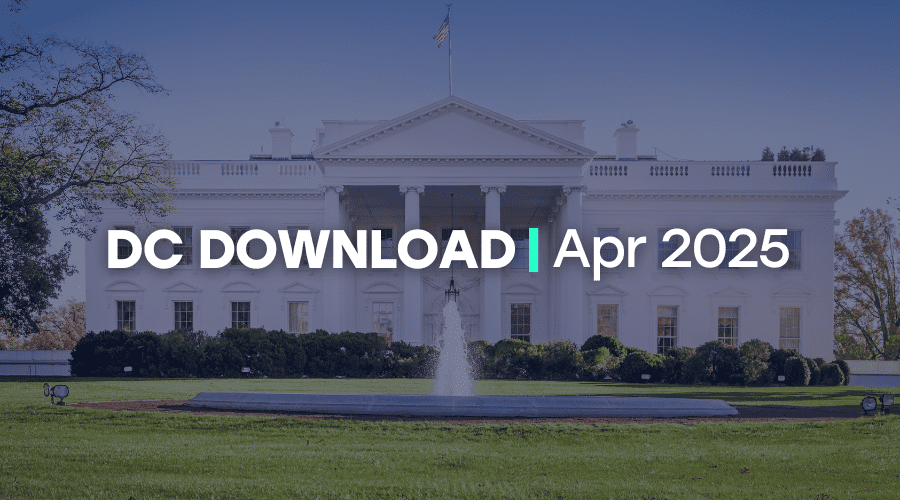Three weeks ago, I took the IS public policy team into a retreat (on site at IS – nothing fancy) to solidify our core program priorities for the year. What a difference three weeks has made in our thinking about those priorities. As we will explore in our upcoming virtual town hall on March 20, we are – each of us – leading through a period of uncharted water for the nation and for the charitable sector. It is easy to overstate, but we cannot overlook the fact that, for our sector, COVID-19 has turned the world upside down.
There are many “levers” our sector needs to be pulling in this crisis – operational, communications, and public policy among them. I want to provide a few brief updates on some of those policy levers, and then look forward to sharing more when we are together on Friday with you all, IS President and CEO Dan Cardinali, and the rest of the IS leadership team.
On Friday of last week, we held the first 2020 meeting of the IS Public Policy Committee. Among the many conversations had in that meeting, it was clear that one of the highest priority pain points the sector faces is the reality that this virus, and our response, will have disproportionate impact on those in our society who are already most vulnerable. The risk of compounding racial inequities in our nation is very, very real. Independent Sector, for certain, cannot on its own ensure that this is NOT the case. That takes all of us. That said, it was a clear reminder to us, at IS, that policy prescriptions, in particular, need to contribute to a very big aim – all people living in the U.S. thrive.
So, let’s get more specific. Earlier today, President Donald Trump signed the second piece of COVID-19 response legislation which includes a number of provisions that will be of critical importance to nonprofits across that nation. A summary of that legislation can be found here. While this is a step, this work is not done.
Like many other industries hard hit by this pandemic, the nonprofit sector, which employs 12 million workers and is responsible for 10 percent of U.S. GDP, needs financial assistance to retain our workforce and ensure that we can remain on the frontlines of serving people across the nation, especially those most in need. To that end, Independent Sector joined with some of the largest charities in the nation and the National Council of Nonprofits to develop a request for $60 billion of financial assistance as part of ongoing COVID-19 relief. As you can see from the letter, nonprofits and infrastructure organizations across the sector have joined in this critical advocacy effort.
Finally, while our policy conversations with leaders across the sector have logically focused on immediate financial assistance, we cannot forget that there are other priorities that are critical to a healthy civil society and that will need to be addressed in the larger national response to COVID-19. Among them could be the particular role volunteers play in the day-to-day functioning of our sector. What actions should we be taking now to make sure our volunteer force is resilient and ready?
And let’s not forget – 2020 is an election year. A healthy civil society is one where people vote! How can we make sure, with all the uncertainties the virus could still be creating in November, that all people will be able to cast their votes? Congress already is beginning to consider legislation to address some of these issues. In the days, weeks, and perhaps months ahead, Independent Sector looks forward to partnering with nonprofits and Congress to find the best ways to advance these critical components of a healthy civil society – even in the midst of pandemic.
I will stop here for now – and I look forward to picking this conversation up again on Friday and in subsequent convenings we host.



